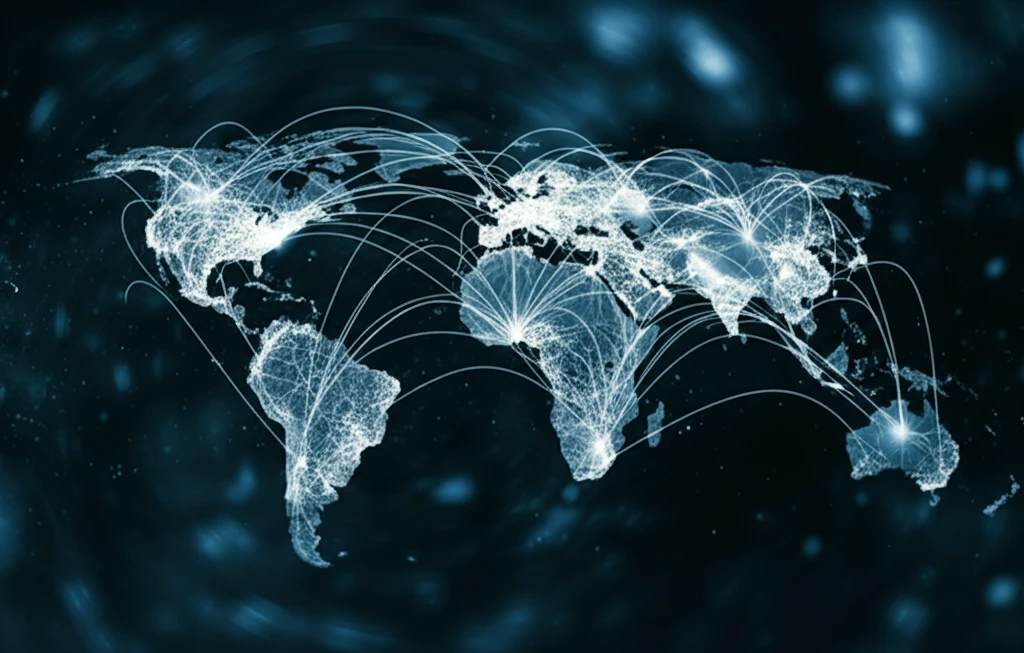
The Silent Players: How Smaller Countries are Quietly Reshaping Global Power
"Forget the US vs. China showdown. The real game is in how smaller nations are influencing the world stage – and what it means for you."
In today's headlines, it's all about the major players: the United States, China, and perhaps a few other global giants. But what about the smaller countries? Are they simply pawns in a larger game, or do they possess a hidden power to influence international affairs? New research suggests that these so-called 'non-superpowers' are far more influential than we might think.
A recent study delves into the dynamics of global power, proposing a game-theoretic model to explore how these nations, with their diverse preferences and resources, affect the competition between superpowers. The findings challenge conventional wisdom, revealing that these smaller players aren't just passive bystanders; they actively shape the behavior of major powers and, ultimately, the global landscape.
This article explores how these non-superpowers – heterogeneous in preferences and endowments – form coalitions and shape the competition between two superpowers who provide club goods sequentially. This has an externality effect as when a country joins a club, it reduces the cost for everyone because members share the cost.
The Power of the Underdog: How Non-Superpowers Wield Influence

The study models a scenario where two superpowers compete for influence by offering 'club goods' – benefits that are shared among members. However, the key to their success lies in attracting non-superpowers to join their respective clubs. These smaller nations, each with their unique characteristics and priorities, form coalitions, and their decisions significantly impact the superpowers' strategies.
- Unipolar Power: Status-quo powers that compromise with non-superpowers are more likely to create a unipolar world, deterring challenges, due to close ties and institutional alignment.
- Strategic Compromise: Superpowers compromise with non-superpowers to establish a club, but when countries depend more on it, it compromises less while its club size increases.
- Endowment Growth: Increased endowments of superpowers attract new members, because the cost of joining their club decreases.
What This Means for the Future of Global Politics
The study's findings carry significant implications for understanding the evolving dynamics of global politics. As non-superpowers become increasingly assertive and strategically savvy, their influence on the international stage is likely to grow. This suggests that future analyses of global power must move beyond a purely superpower-centric perspective and consider the agency and impact of these often-overlooked players. This will mean the creation of multi-polar world.
